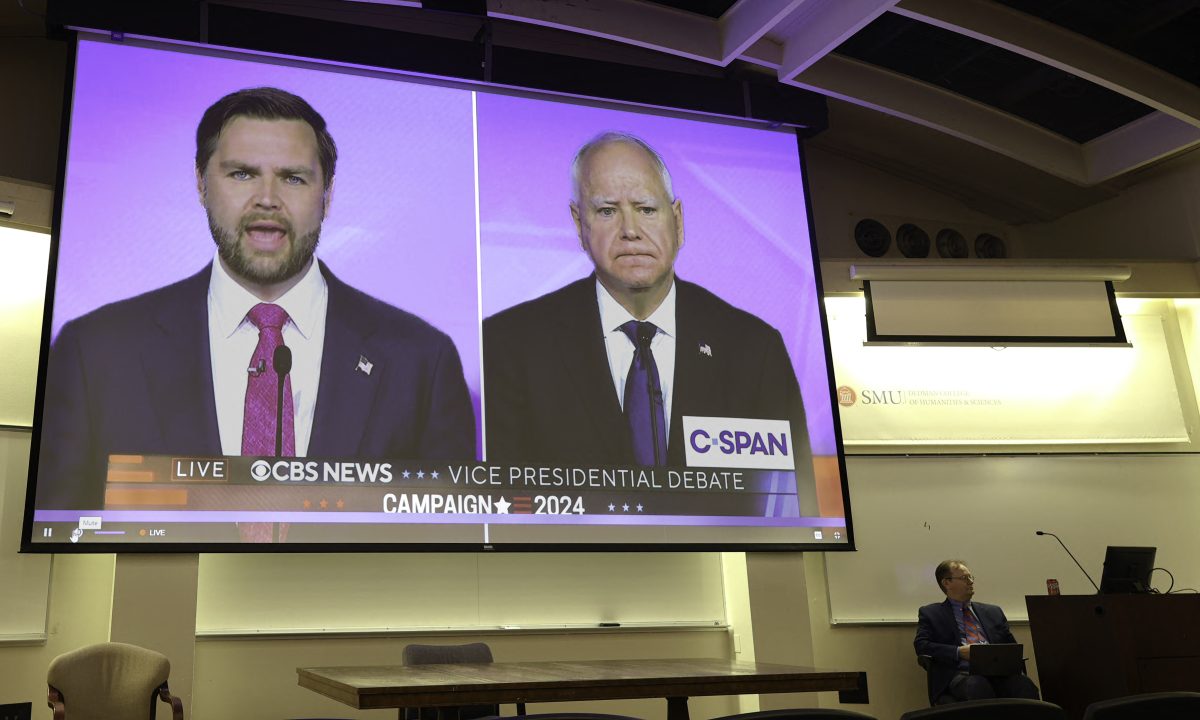The Supreme Court’s argument over California’s “three-strikes” law demonstrates the fallibility of operating the justice system like a conveyor belt. Should a person who steals a videocassette of Snow White from a K-Mart receive the same life sentence as a violent criminal?
That’s the future facing Leandro Andrade, a father of three, who committed the crime in 1995. This incident, combined with three burglaries he committed 12 years ago, means that Andrade may be shut away in prison until he is 50.
Consider also the case of Gary Ewing, a 40-year-old man who received a life sentence for grand theft. He left a pro shop in El Segundo with three Callaway golf clubs shoved down his pants leg.
To be fair, “three-strikes” laws are not totally without merit. California’s was enacted in response to the murder of 12-year-old Polly Klaas by a twice-convicted kidnapper out on parole. But the difference in California is that the third crime doesn’t even have to be violent, making this law easily the nation’s toughest. About half the states now have some form of “three-strikes” law. All of them should learn from California’s mistake.
Much has already been made about how overcrowded our jails are with non-violent criminals. In addition, studies have shown that only a small number of repeat criminals are responsible for a large proportion of the crimes “three-strikes” intends to prevent.
The U.S. Court of Appeals has already determined that the sentence imposed on Andrade is unconstitutional, as it qualifies as cruel and unusual punishment. The family of Klaas, as well as the Citizens Against Crime activist group, have expressed their unhappiness with the sentence. It is now up to the Supreme Court to make the intelligent decision of voting down Andrade’s third strike.
Imposing life sentences on repeat offenders should be the job of a human jury, not a poorly thought out law.








